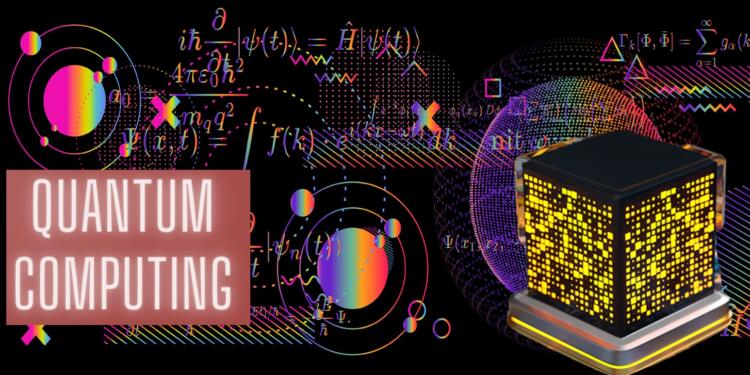India has achieved a major milestone in advanced science and technology. Scientists from the Defence Research and Development Organisation (DRDO) and IIT Delhi have successfully demonstrated communication using quantum entanglement- a next-generation method that promises completely secure information transfer.
This puts India among a select group of countries developing quantum communication technologies, seen as the future of cybersecurity.
What is Quantum Entanglement?
Quantum entanglement is a phenomenon in quantum physics where two particles like photons are linked so that changing the state of one immediately affects the other, even if they’re far apart. It’s as if they’re connected by an invisible bond, no matter the distance.
Why is This Technology Secure?
Traditional communication systems such as phone calls, emails, or text messages can be hacked or intercepted, even when encrypted.
Quantum communication is different. It uses the principles of physics instead of encryption algorithms. If someone tries to intercept a quantum message, the act of eavesdropping itself disturbs the signal and alerts both parties. This makes spying virtually impossible.
What Did the Researchers Do?
The DRDO and IIT Delhi teams accomplished the following:
Generated and maintained entangled photon pairs
Used those photons to securely exchange data
Successfully tested this communication system in a lab setting
This process, called Quantum Key Distribution (QKD), allows for secure sharing of encryption keys that cannot be stolen or altered.
Significance?
This advancement has significant implications, including:
Highly secure communication for the military
Safer financial transactions
Protected satellite and space communications
In the long term, it may lead to the creation of a quantum internet, offering complete protection from hacking or surveillance.
What’s Ahead?
With support from India’s National Quantum Mission, the next steps may include:
Testing the system outside lab conditions
Integrating it into defense and aerospace networks
Expanding its use to sectors like banking and telecommunications.
This achievement by DRDO and IIT Delhi marks a major step toward ultra-secure, next-generation communication. It strengthens India’s position in the global race for quantum technology and opens the door to a more secure digital future.



























